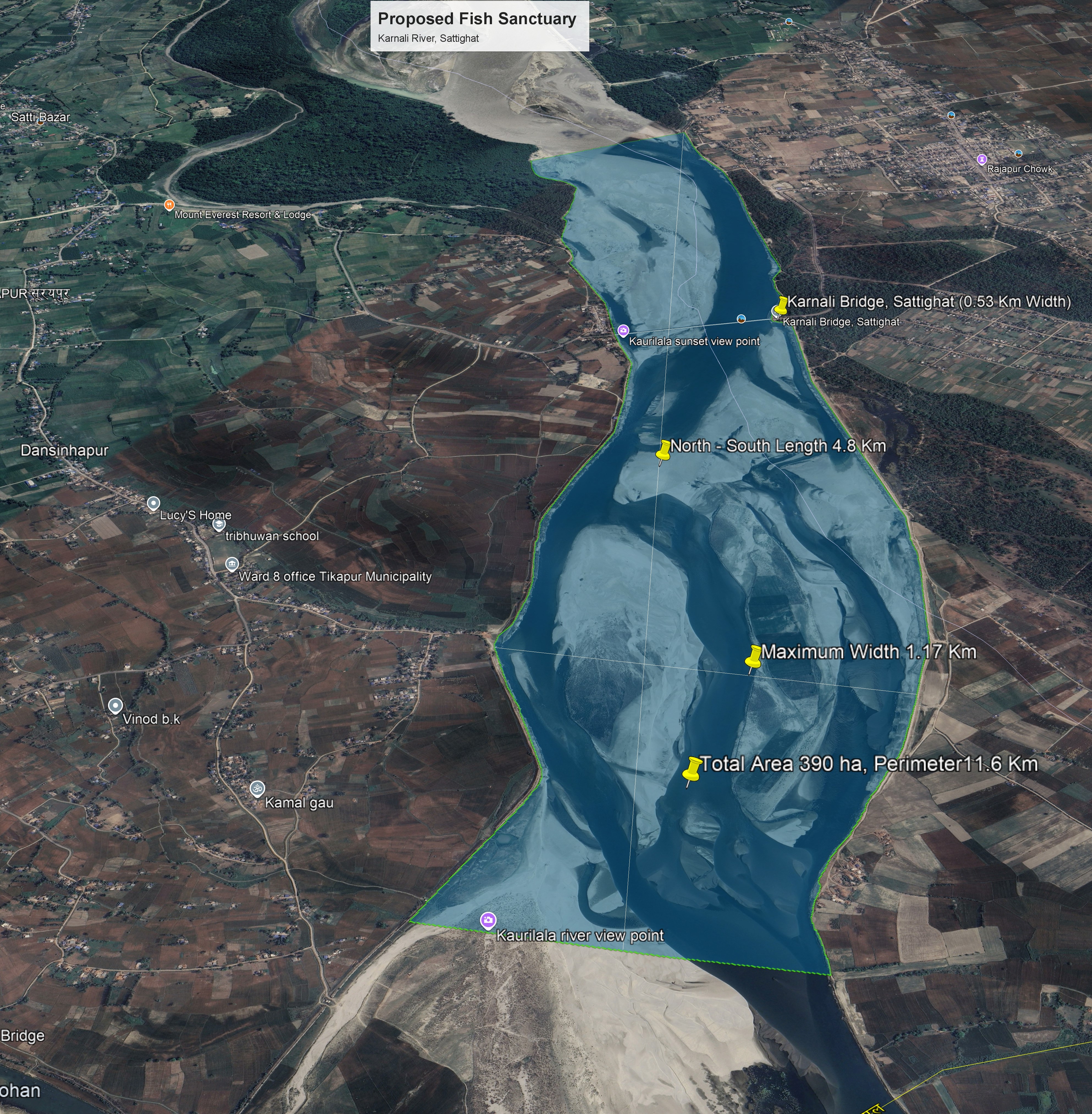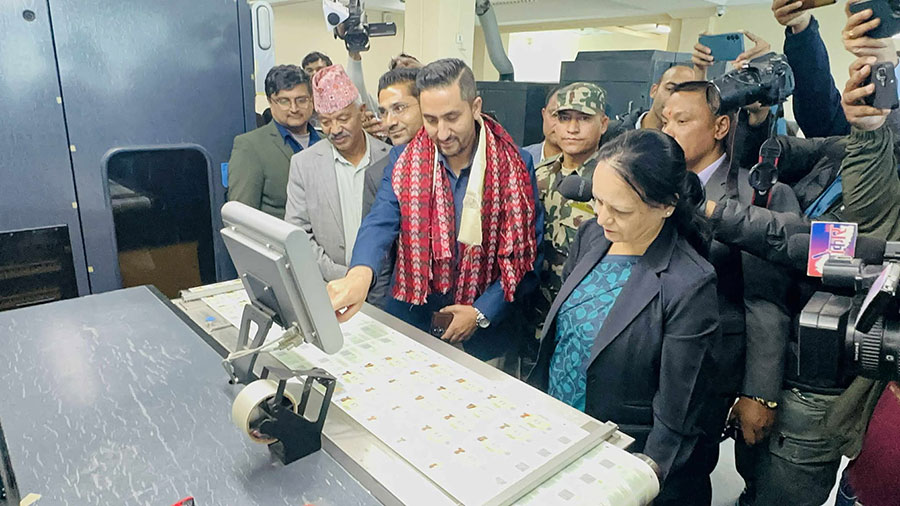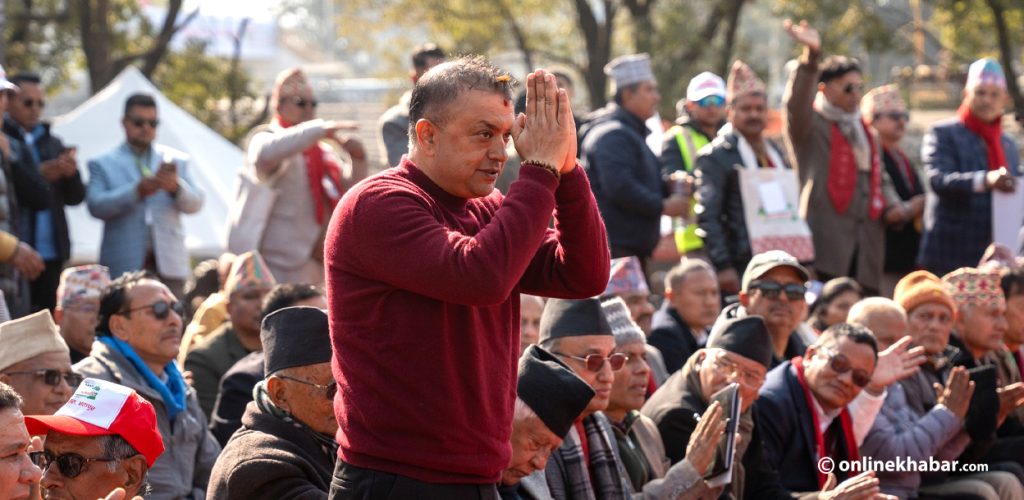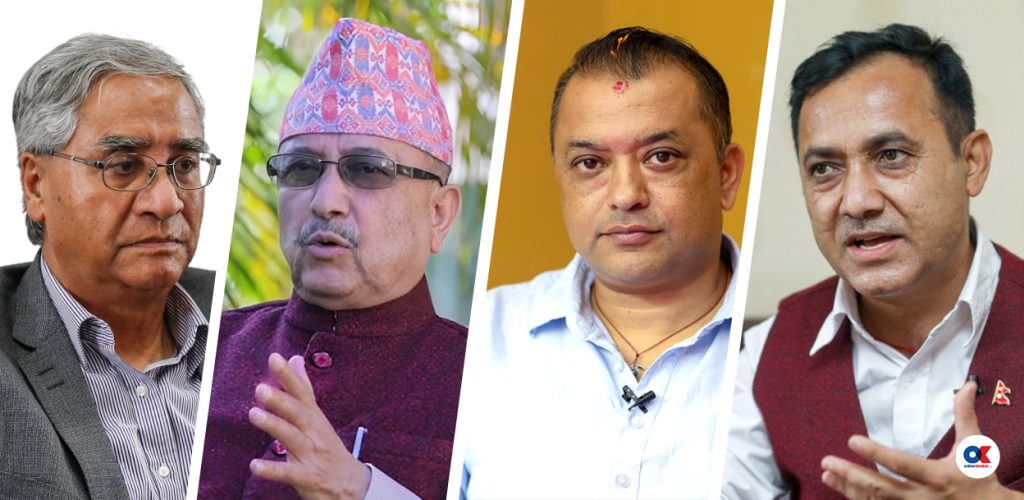
File
In a country where grades define worth, curiosity has quietly died in classrooms. Every semester, thousands of Nepali students enter their university classrooms carrying dreams. Dreams of solving problems, discovering something new, making a difference. Yet, as the weeks pass, these dreams are quietly suffocated by one relentless force: Grades. The obsession with GPA has turned learning into a competition for numbers, and the very spirit of inquiry is slowly vanishing.
Undergraduate research, which should be a playground for curiosity, has become a chore. The obsession with grades has made research a neglected art. Undergraduate research, which should be the heart of higher education, has been reduced to a formality, a paper to complete before graduation. What was once meant to build thinkers and problem-solvers now merely adds another line to a student’s transcript.
The GPA race: A systemic trap
Nepal’s education system has become a race where everyone runs for grades but few reach genuine understanding. From the first semester, students are told that their GPA defines their worth. Employers look at it, scholarships depend on it, and social pride grows with it. Parents and society applaud those who score high; anyone who dares to think differently is quietly discouraged.
Universities are not innocent in this culture. Faculty members are under pressure to produce students with good grades rather than good ideas. Assignments are often recycled each year, encouraging students to copy rather than question. In such an environment, doing research which demands patience, creativity, and risk feels like an unnecessary burden rather than an opportunity to learn.
The GPA race does not just harm student’s intellectual growth; it also weakens the very purpose of higher education. When universities measure learning by marks alone, they produce graduates who may excel in exams but struggle to innovate, analyse or lead. Higher education, meant to spark minds, has become a factory of compliance.
Why undergraduate research matters
Undergraduate research is not about writing fancy papers. It is about learning how to think. It teaches students to observe, to question, and to connect classroom theory with real-world challenges. For a country like Nepal, where real challenges abound from unemployment to financial literacy to social inequality, fostering research skills among undergraduates is not optional; it is vital.
Yet, most students never experience research in its full form. Most students complete their degree without writing a single research paper that matters. It is often left to the final semester, squeezed between deadlines, copied from old reports, or done just to fulfill a credit requirement. Without guidance, funding, and infrastructure, students are left to navigate a system that undervalues discovery and prizes grades above all else.
Faculty members who genuinely want to guide research face their own struggles. Many are overloaded with teaching hours and receive little institutional support. Some universities do not even have access to research databases or updated journals. Without an environment that values investigation, how can curiosity survive?
In a society where mistakes are shamed and GPA is worshiped, asking difficult questions can feel dangerous. Pursuing research is slow, uncertain, and unrewarded compared to memorising a few notes for a perfect score. Over time, curiosity fades. What could have been a spark of innovation turns into the dull routine of survival. Research thrives on curiosity, but curiosity can not survive in a system built on shortcuts.
The cost of ignoring undergraduate research
This is not just an academic problem. The absence of a strong research foundation at the undergraduate level does not just affect universities; it affects Nepal as a nation. Without a generation of young researchers, Nepal risks falling behind in innovation, policy development, and evidence-based governance. Many of the country’s challenges from youth unemployment to economic inequality require data-driven solutions, not guesses.
Yet, universities continue to produce graduates who can calculate but not question, summarise but not synthesise. A degree should represent the ability to think independently, but in Nepal, it often represents how well one can memorise under pressure. The result is a workforce that follows instructions rather than designs solutions.
Moreover, the international academic reputation of Nepali universities remains weak. When undergraduate research is neglected, publication rates drop, and collaboration opportunities with foreign institutions diminish. Students aspiring for global scholarships or graduate programs abroad struggle to demonstrate research experience which is a critical requirement in modern academia. A high GPA may open a door, but without inquiry, these students have little to offer beyond memorised facts.
Changing the culture: From grades to growth
The solution does not lie in eliminating grades but in redefining what they represent. Universities must begin rewarding research effort not just exam results. Small steps like organising undergraduate research conferences, offering mini-grants, and mentoring students can create lasting change.
Faculty members should be supported, not overburdened. Their role is not to finish the syllabus but to inspire curiosity. A teacher who makes students ask “why” contributes far more to national development than one who ensures everyone scores an “A”.
Students, too, need to redefine what success means. A high GPA may open a door, but curiosity keeps it open. Learning how to ask the right questions, design research, and analyse results builds confidence far beyond what grades can offer. Research skills are life skills, they shape problem-solvers, innovators, and leaders.
Policymakers can also help. The government can fund undergraduate research projects, establish university research councils, and link academic findings to public policy. When students see their curiosity having real impact, they will embrace it again, and higher education can become a true engine of innovation and growth.
Nepal’s classrooms are filled with high achievers, students with perfect scores who may never have truly asked “why.” Education should be about more than surviving exams; it should be about learning to think, to question, to imagine.
If we continue prioritising GPA above all else, curiosity will continue to suffocate in our classrooms, and Nepal will lose a generation of potential innovators. True progress does not come from chasing marks; it comes from chasing meaning. It comes from daring to ask, to explore, and to create.
Nepal must choose: continue the race for numbers or nurture minds that can shape the future. Only curiosity can transform education and only bold minds can transform the nation.



















